Sustainable agriculture practices have become increasingly vital in India’s agricultural landscape, where challenges like climate change, soil degradation, water scarcity, and fluctuating market conditions pose significant threats to food security and farmer livelihoods. Embracing sustainable farming methods not only ensures environmental conservation but also enhances productivity, resilience, and profitability for Indian farmers.

Key Principles of Sustainable Agriculture
Sustainable agriculture focuses on balancing economic viability with environmental stewardship and social responsibility. Key principles include:
Conservation of Natural Resources: Efficient use of water, soil, and energy resources to minimize waste and environmental impact.
Biodiversity Conservation: Encouraging biodiversity through crop rotation, mixed cropping, and preserving natural habitats to enhance ecosystem resilience.
Soil Health Management: Practices like organic farming, composting, and minimal tillage to improve soil fertility, structure, and carbon sequestration.
Integrated Pest Management (IPM): Combining biological, cultural, and mechanical control methods to manage pests and diseases sustainably, reducing reliance on synthetic pesticides.
Water Management: Adopting techniques like drip irrigation, rainwater harvesting, and efficient water use practices to conserve water and maintain irrigation efficiency.
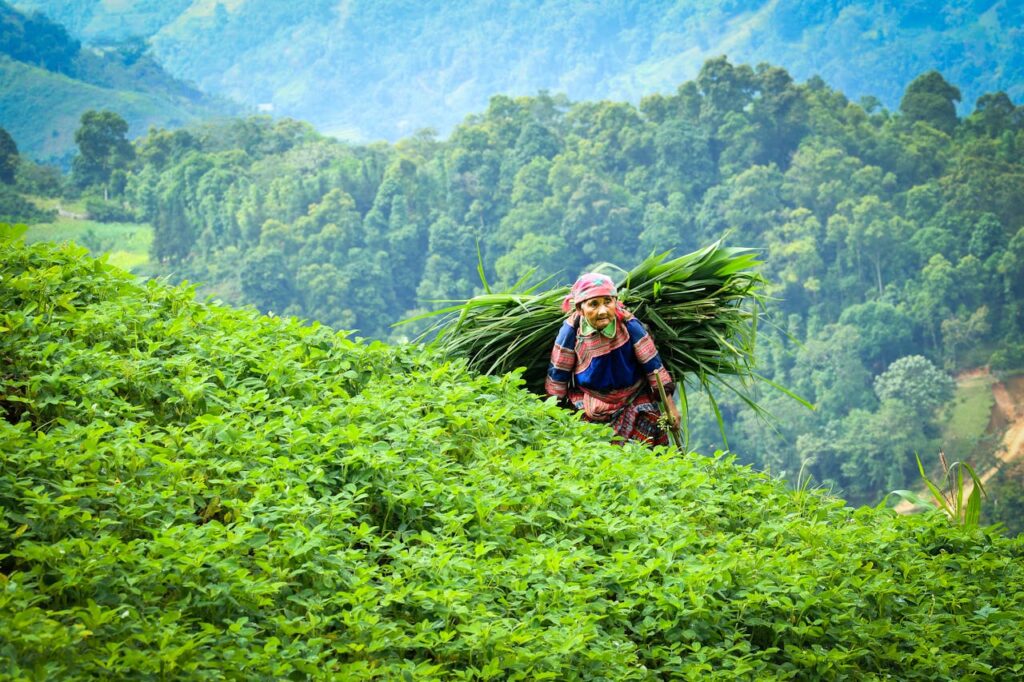
Sustainable Agriculture Practices in India
Organic Farming: Organic farming avoids synthetic inputs and promotes soil health, biodiversity, and consumer health benefits. Certification schemes like National Programme for Organic Production (NPOP) support organic farmers in meeting international standards.
Agroforestry: Integrating trees and shrubs with crops to enhance soil fertility, provide shade, improve water retention, and diversify farm income through timber, fruits, and fodder production.
Zero Budget Natural Farming (ZBNF): ZBNF emphasizes natural farming inputs and techniques like mulching, crop residues, and traditional seed varieties to enhance soil health and reduce production costs.
Precision Farming: Utilizing technology such as GIS, remote sensing, and IoT for precise input application, irrigation scheduling, and crop monitoring to optimize resource use and productivity.
Crop Diversification: Growing a variety of crops in rotation or intercropping systems to mitigate risks, improve soil health, and enhance farm resilience against pests, diseases, and climate variability.
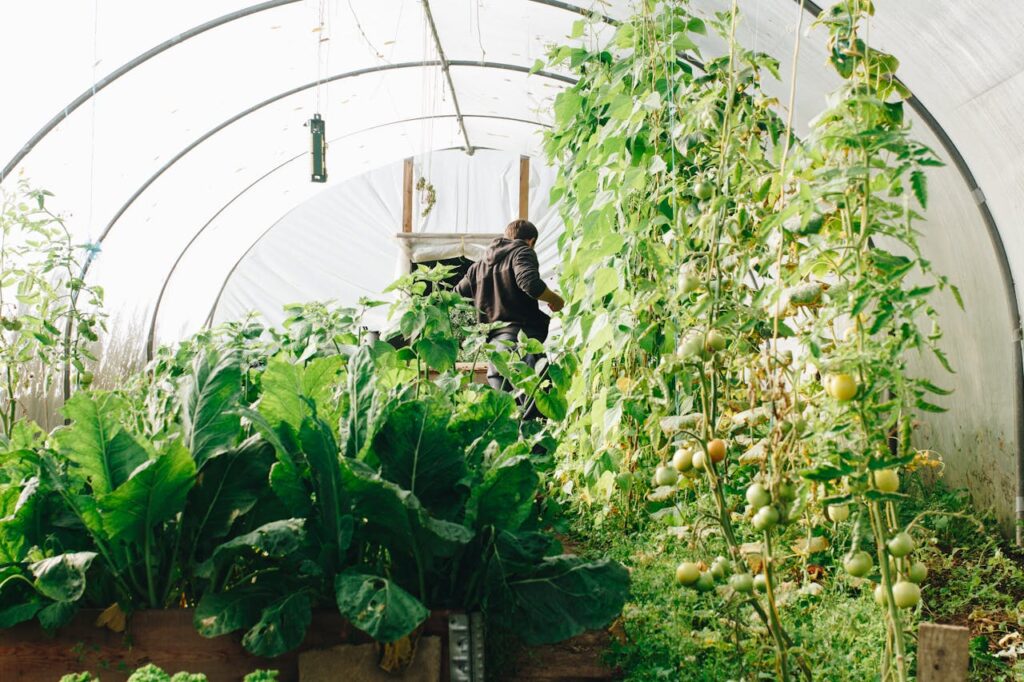
Benefits of Sustainable Agriculture Practices
Environmental Conservation: Reduced greenhouse gas emissions, soil erosion, and water pollution contribute to preserving natural resources and biodiversity.
Economic Viability: Lower input costs, improved yields, access to premium markets for organic produce, and reduced dependency on external inputs enhance farmer profitability.
Resilience to Climate Change: Practices like drought-resistant crop varieties, water-efficient irrigation, and soil conservation measures help farmers adapt to climate variability.
Healthier Food: Reduced pesticide residues and nutrient-rich produce contribute to improved consumer health and well-being.
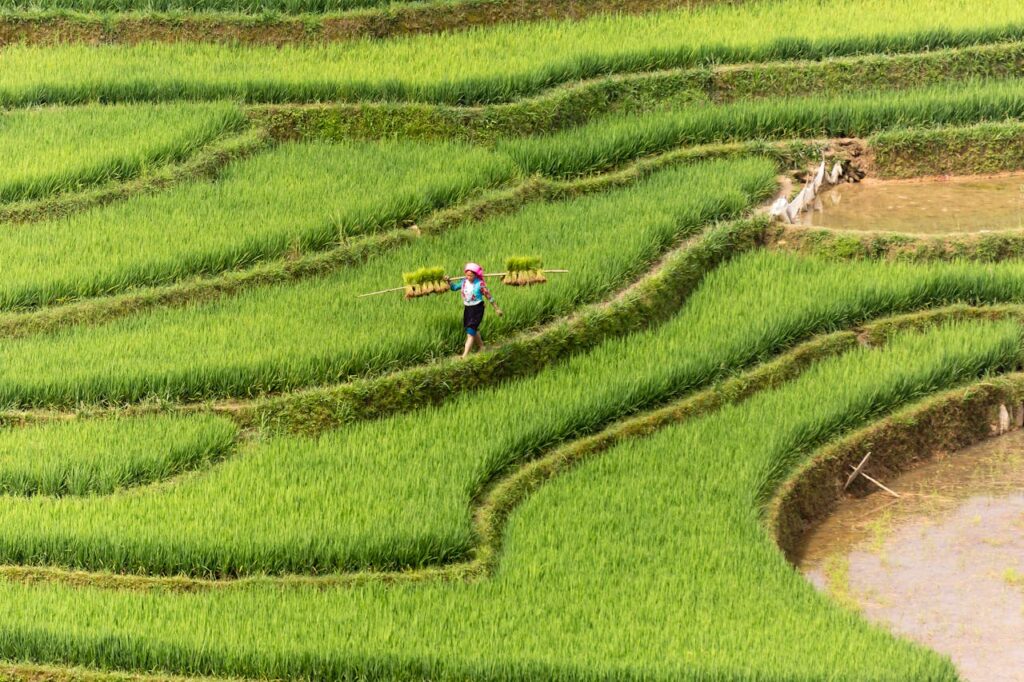
Challenges and Adoption Barriers
Despite the benefits, challenges to widespread adoption of sustainable agriculture practices in India include:
Knowledge and Awareness: Farmers need training and awareness about sustainable practices, their benefits, and implementation techniques.
Access to Finance: Initial investment in technology, organic inputs, and infrastructure may be prohibitive for small and marginal farmers.
Market Access: Developing robust markets and value chains for sustainably produced crops to ensure fair prices and incentives for farmers.

Government Initiatives and Support
The Indian government has launched several initiatives to promote sustainable agriculture:
Paramparagat Krishi Vikas Yojana (PKVY): Promotes organic farming through cluster-based approaches, providing financial assistance and capacity building to farmers.
Soil Health Card Scheme: Provides farmers with personalized soil health information to improve nutrient management and soil fertility.
Pradhan Mantri Krishi Sinchai Yojana (PMKSY): Focuses on improving irrigation efficiency and water use through micro-irrigation techniques and water-saving practices.
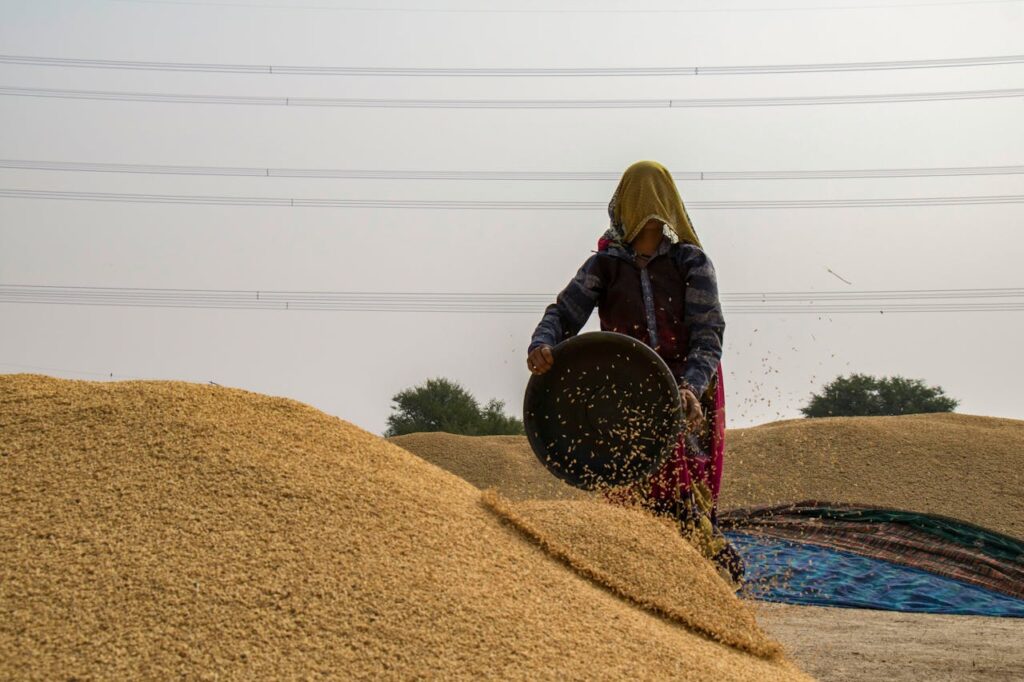
Future Directions
The future of sustainable agriculture in India lies in:
Research and Innovation: Developing and adopting climate-resilient crop varieties, sustainable farming technologies, and precision agriculture tools.
Policy Support: Strengthening policies and incentives for sustainable practices, ensuring their integration into mainstream agricultural policies and programs.
Community Participation: Engaging farmers, researchers, NGOs, and private sectors in collaborative efforts to promote sustainable agriculture practices.
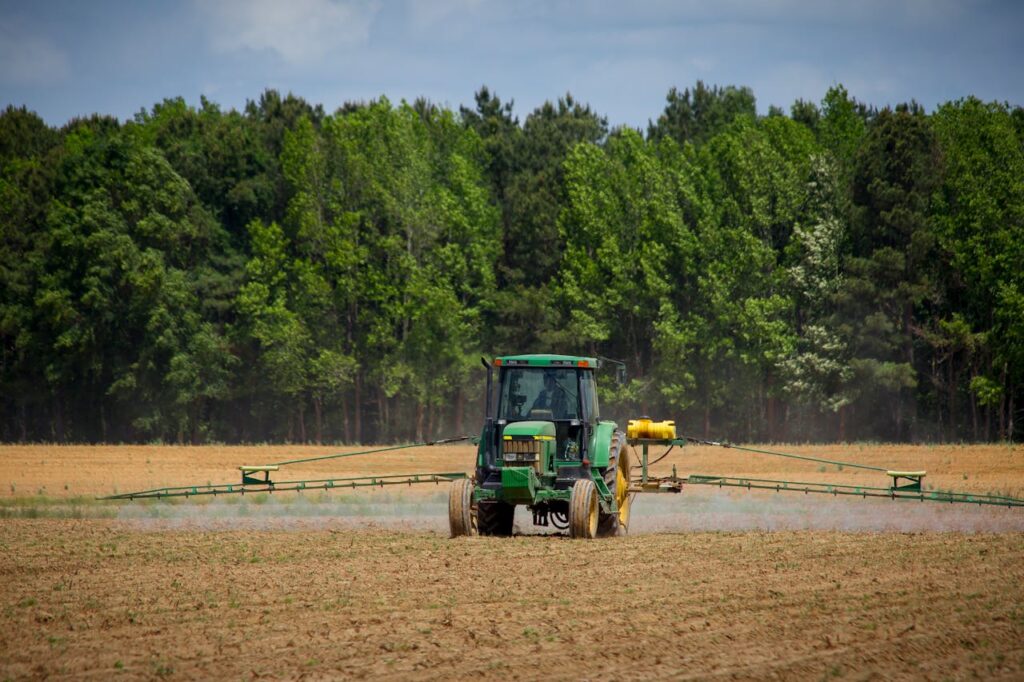
Conclusion
Sustainable agriculture practices are not just a necessity but a pathway towards a resilient, inclusive, and sustainable agricultural future for India. By adopting and promoting these practices, Indian farmers can safeguard natural resources, enhance farm productivity and profitability, and contribute to global efforts towards food security and environmental sustainability.
In conclusion, sustainable agriculture is a cornerstone of India’s agricultural development, ensuring the well-being of farmers, ecosystems, and future generations in a rapidly changing world.